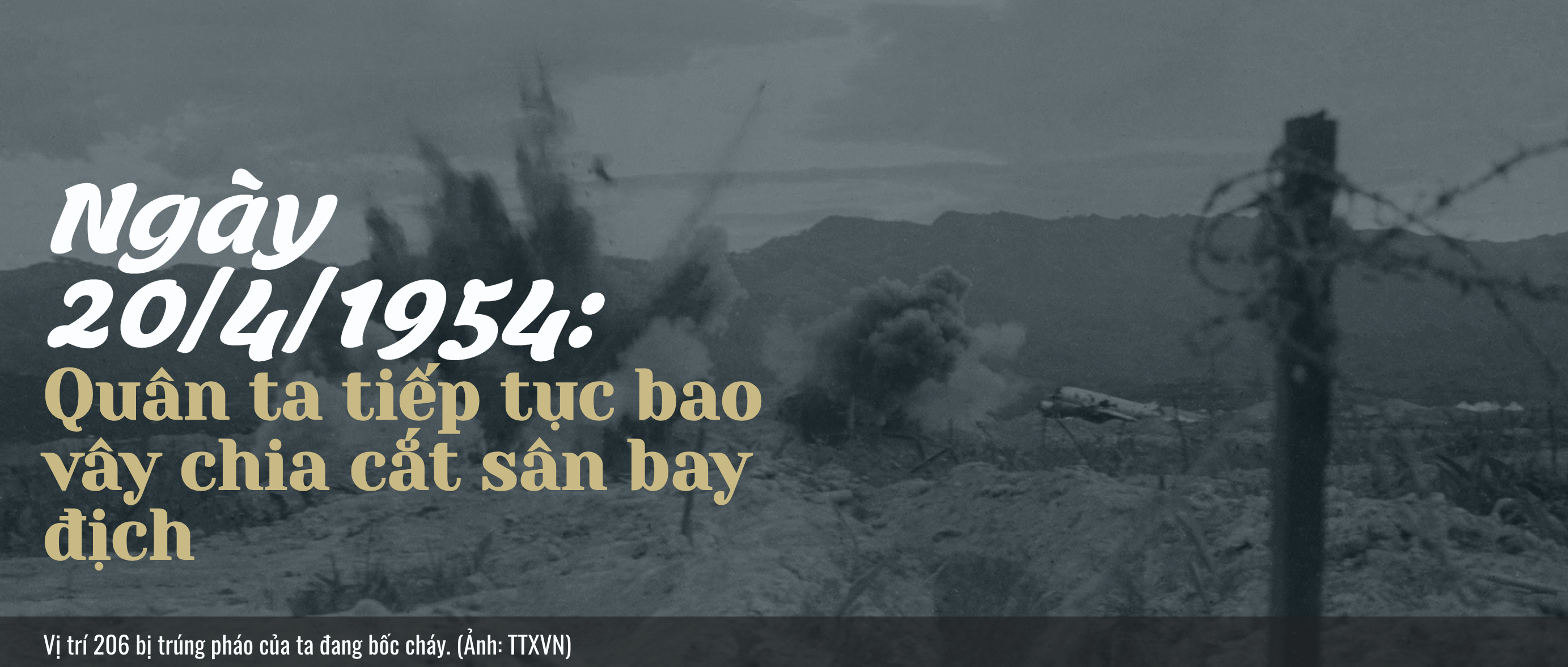
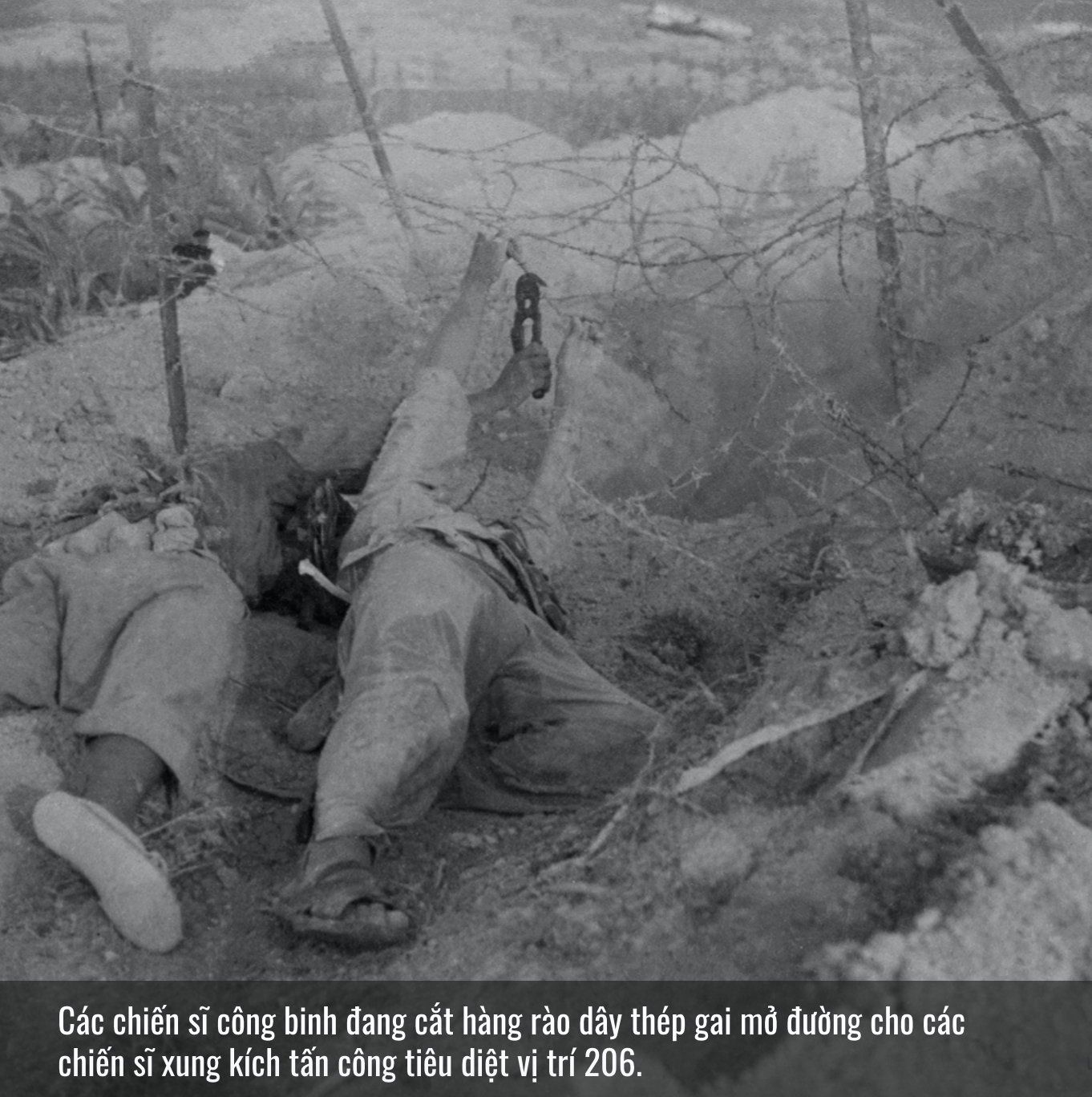
The divisions conducted political activities, self-criticism and criticism, and at the same time promoted activities such as increasing sniper fire and seizing enemy parachute supplies.
The 308th and 312th Divisions were determined to finish digging trenches to divide the enemy airport ahead of schedule.
At 9:40 a.m. on April 20, after using mortars to bombard the direct defensive position of Company 19, Battalion 16, Regiment 141, the enemy sent a platoon (about 30 Euro-African soldiers) to attack trench line 1. Platoon leader Dung commanded the troops to smash the enemy's attack.
Taking advantage of the moment when we concentrated our forces to fight the Euro-African platoon and the heavy artillery shell explosions, the enemy secretly sent a paratrooper company (about 80-90 soldiers) and 2 tanks to approach trench line 1 and simultaneously opened fire on the position of Company 19.
They captured the guard post and the 1st Platoon position. We continuously counterattacked and by 4:40 p.m. were able to restore the position. The battle of the 16th Battalion was very fierce, we and the enemy fought back and forth at the airport intersection.
As a result, Battalion 16 killed 63 enemies, damaged 2 military vehicles, wounded hundreds of others, repelled enemy attacks, and steadfastly held the defensive position at the Dien Bien Phu airport intersection so that friendly units could dig trenches to tighten the siege.
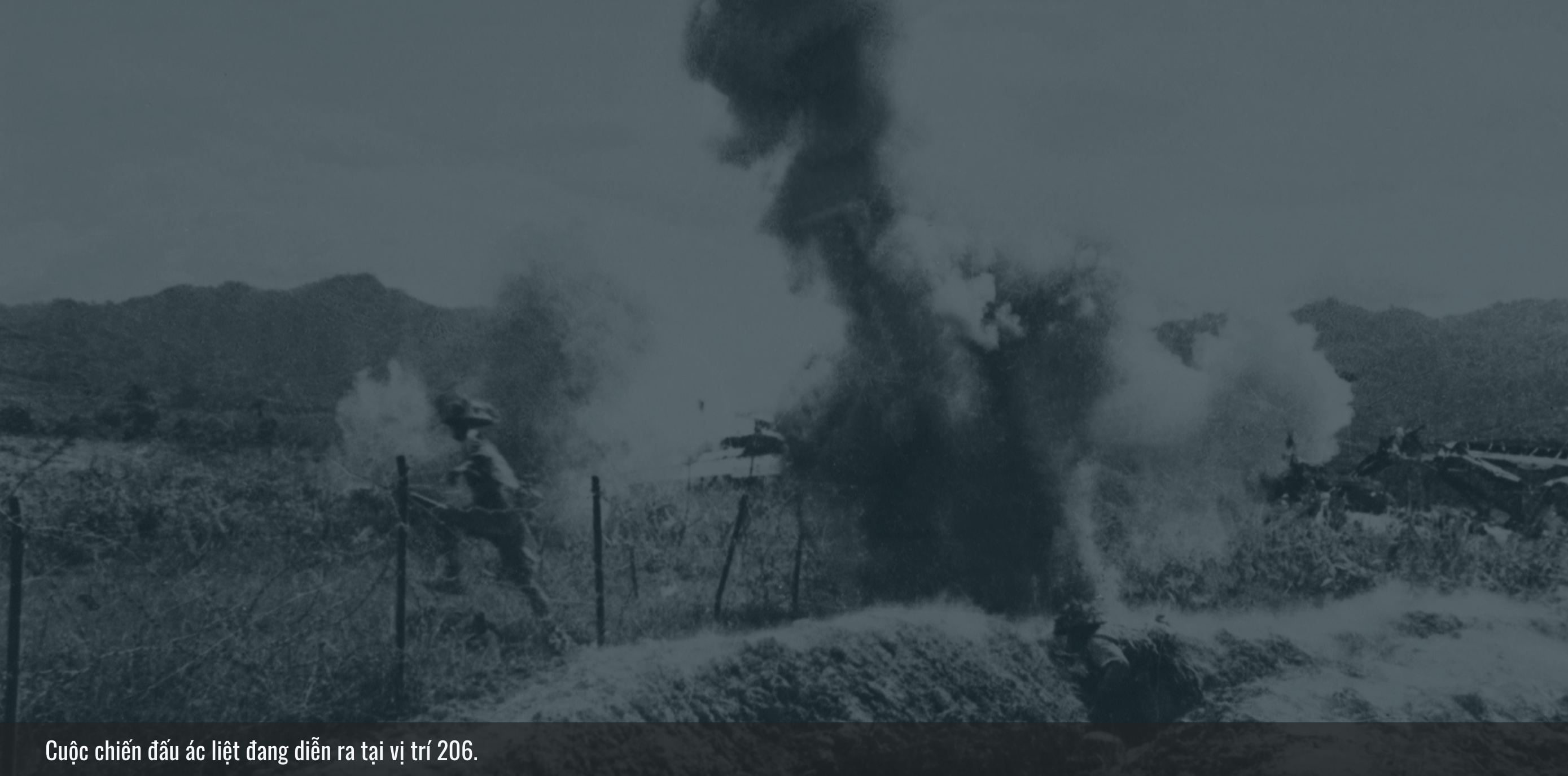
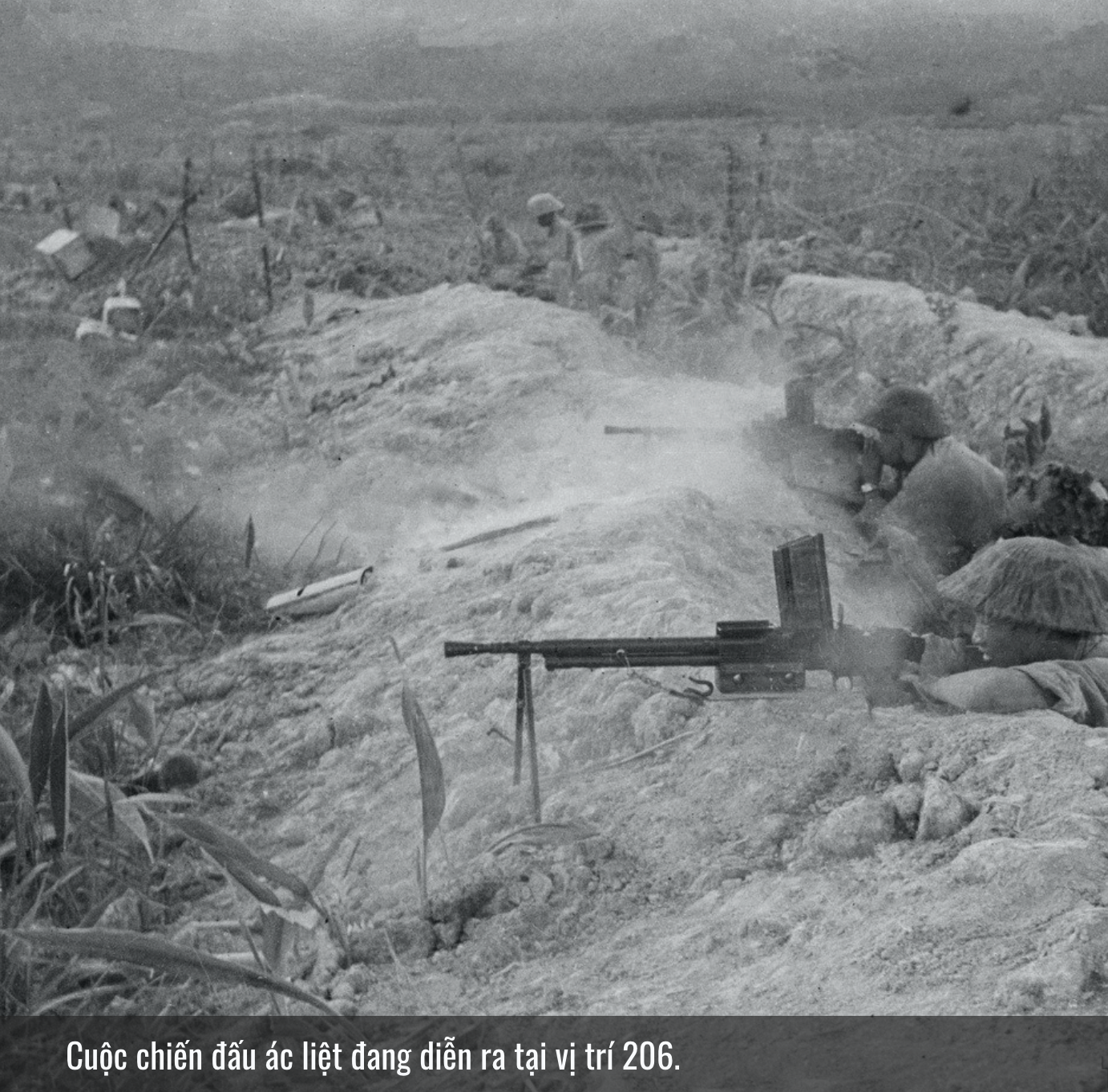
Enemy side:
Navarre sent a report to France on the military situation in Indochina. According to him, our general counter-offensive had taken place 8 months earlier than he had expected. Navarre proposed to the French government either a ceasefire before negotiations or negotiations without a ceasefire. Meanwhile, a new French combat corps equipped with American equipment was to be prepared to wage a new war with enormous means.
The American leaders still believed that sooner or later there would be British approval. Dulles decided to invite the ambassadors of Britain, Cambodia, Laos, France, the Philippines, New Zealand, Thailand, Australia, and the puppet government of Vietnam to meet again. The British government had instructed Rogers Makins, the British ambassador to the United States, not to attend this meeting.
According to Navarre, it was the announcement of the Geneva Conference on February 18 that made the Viet Minh Command decide to increase the intensity of the war and China decided to provide significant aid to Vietnam. For these reasons, there was a general offensive that changed the fighting conditions. Dien Bien Phu was attacked, the fighting in the highlands (Operation Atlant) failed, and guerrilla warfare broke out everywhere, causing him many difficulties.
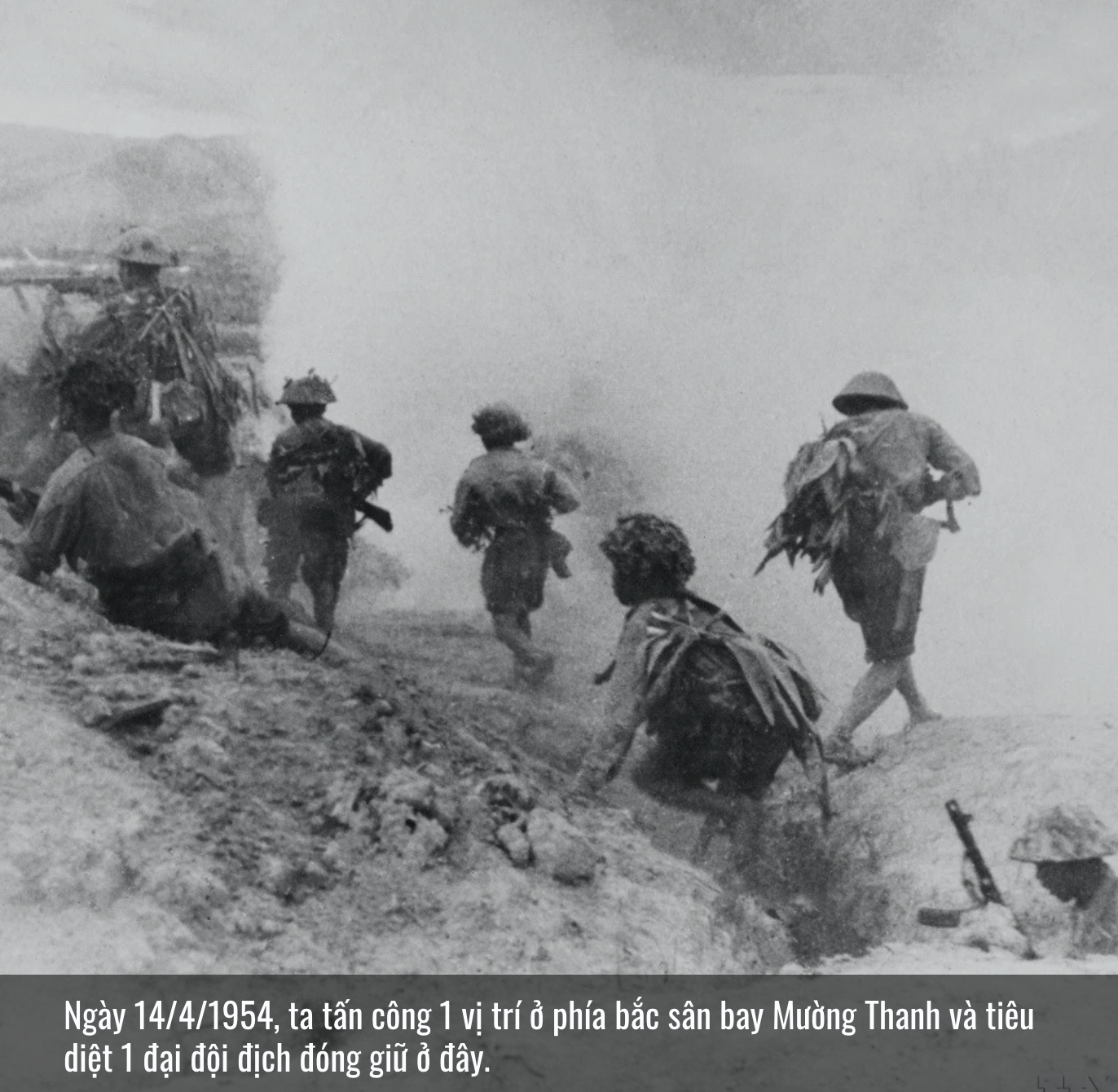
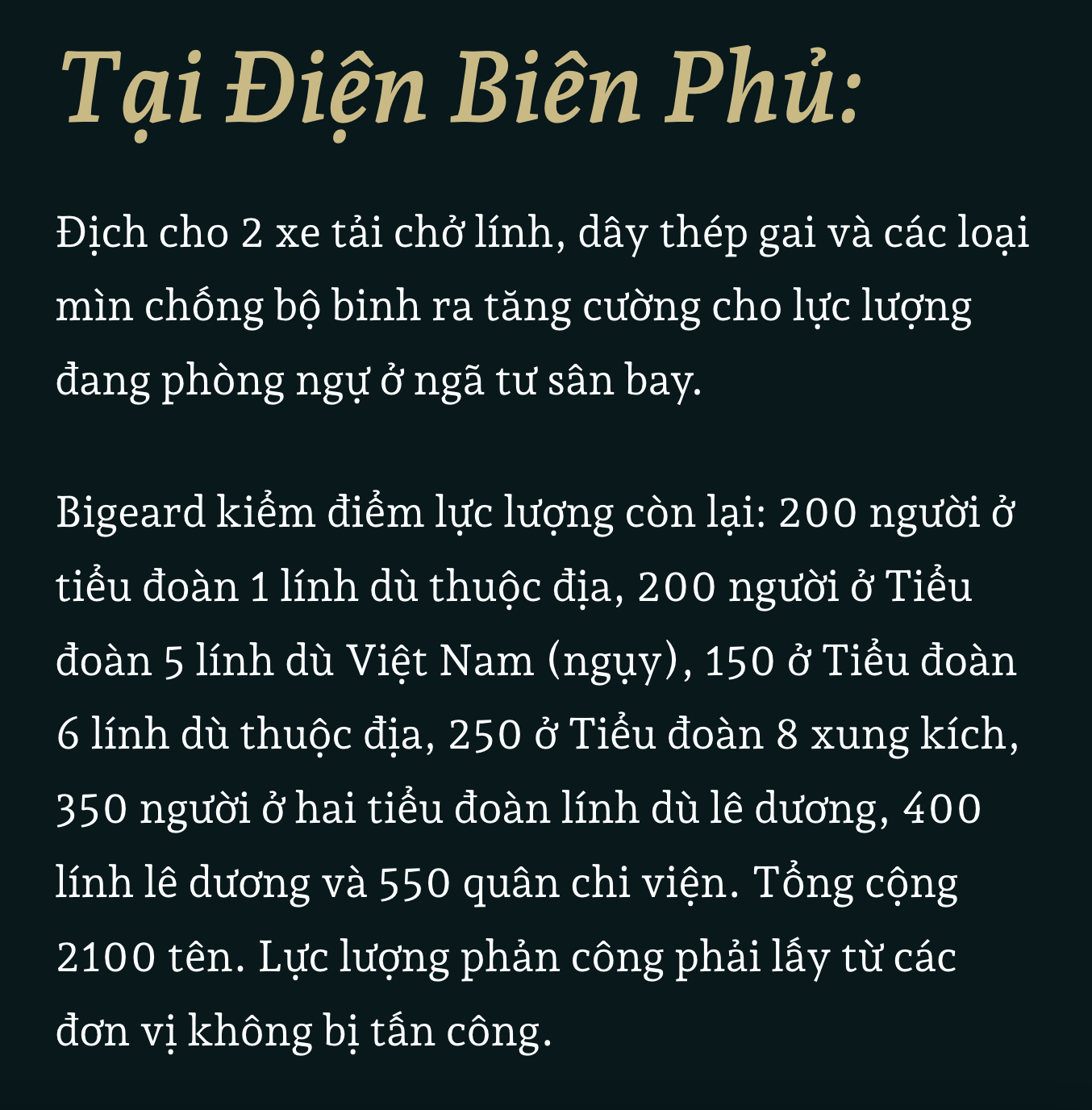
In the book “Some Memories of Dien Bien Phu” by General Vo Nguyen Giap, published by the People's Army Publishing House in 1964, writer Huu Mai recorded the historical moment: “On the field, our troops dug drainage ditches around the fortifications and dug drainage trenches at the battlefield to prevent rain. The Front's staff studied how to make raised trenches to deal with floodwaters. The porters who had set out to serve the campaign in the middle of winter were now in summer. The trucks that had been used beyond their capacity were becoming more and more dilapidated, the best bicycles had become rickety and patched together. Everyone and every means of transport were mobilized into a sprint race with the enemy, with time. Every time we saw a dark cloud appear over the mountain top, a flash of lightning in the night, we felt restless and worried. We had prepared everything to be able to fight through the rainy season. But it was best that everyone must concentrate all efforts to end the enemy's fate here before the rainy season comes".


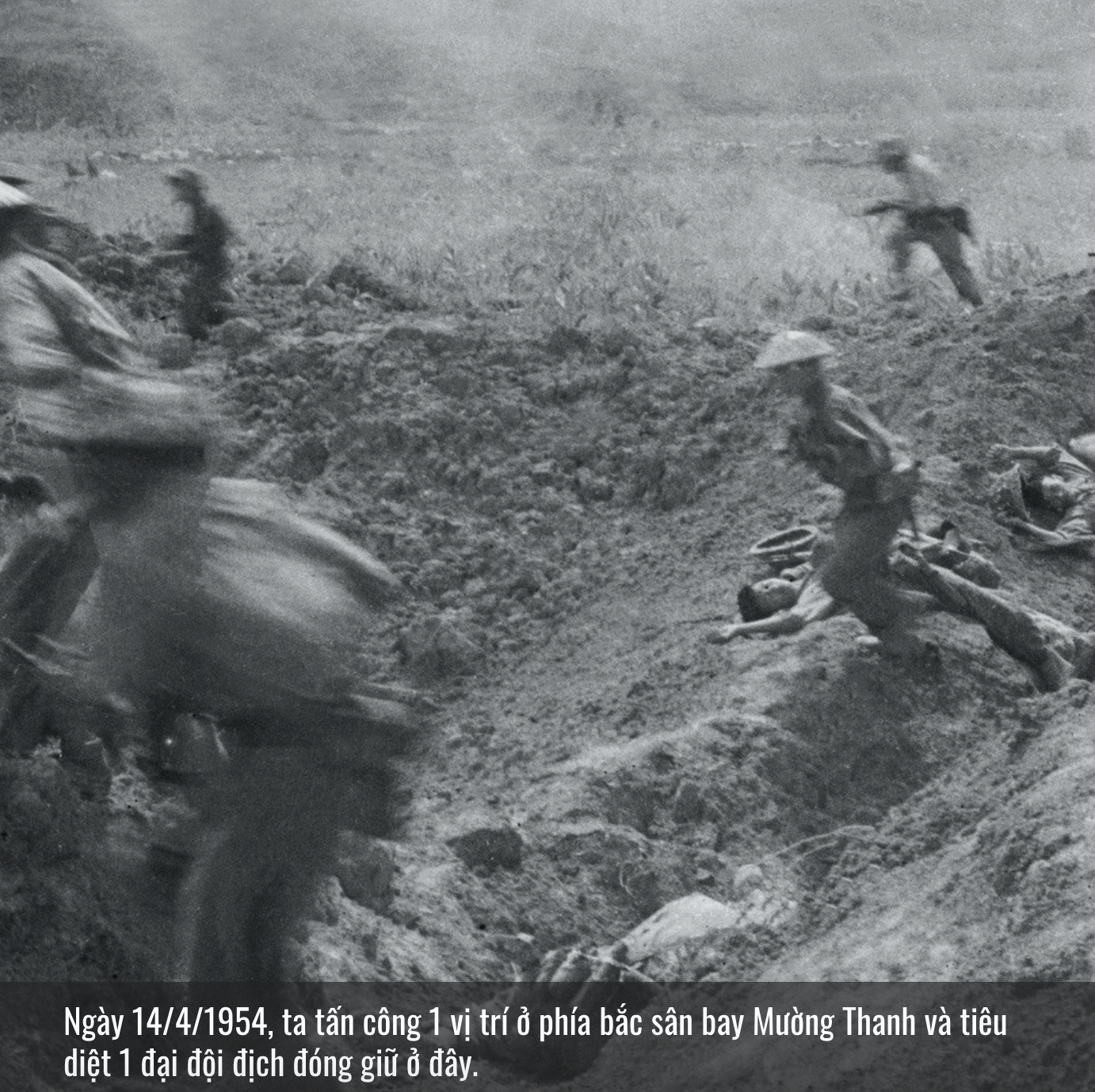

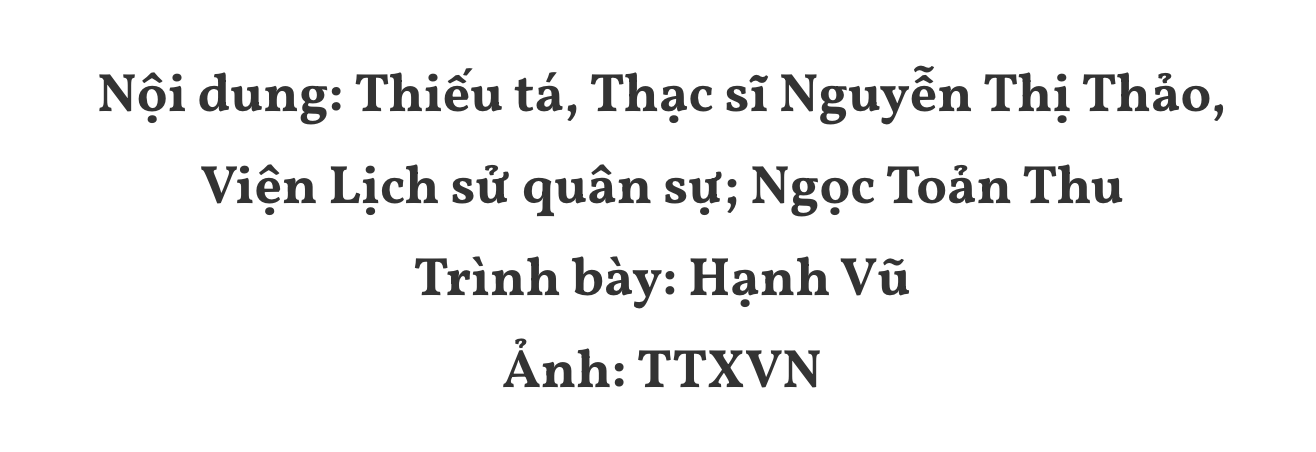

![[Photo] Prime Minister Pham Minh Chinh receives Mr. Jefferey Perlman, CEO of Warburg Pincus Group (USA)](https://vstatic.vietnam.vn/vietnam/resource/IMAGE/2025/4/18/c37781eeb50342f09d8fe6841db2426c)



![[UPDATE] April 30th parade rehearsal on Le Duan street in front of Independence Palace](https://vstatic.vietnam.vn/vietnam/resource/IMAGE/2025/4/18/8f2604c6bc5648d4b918bd6867d08396)
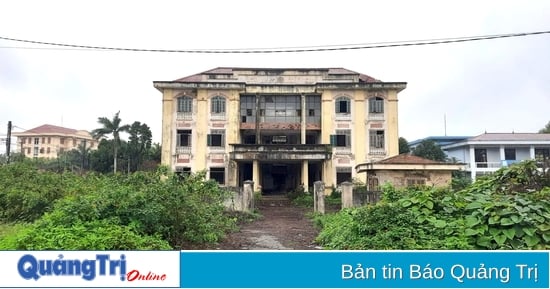



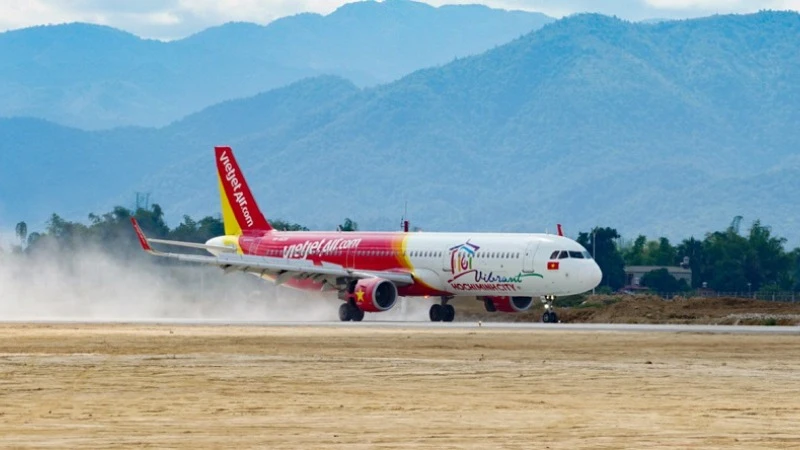
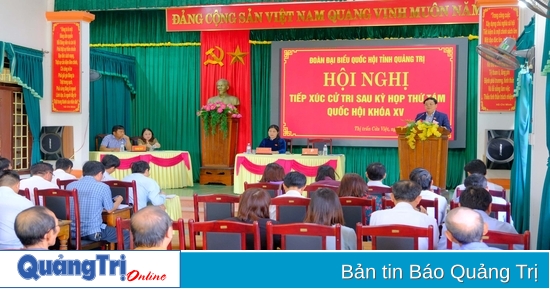
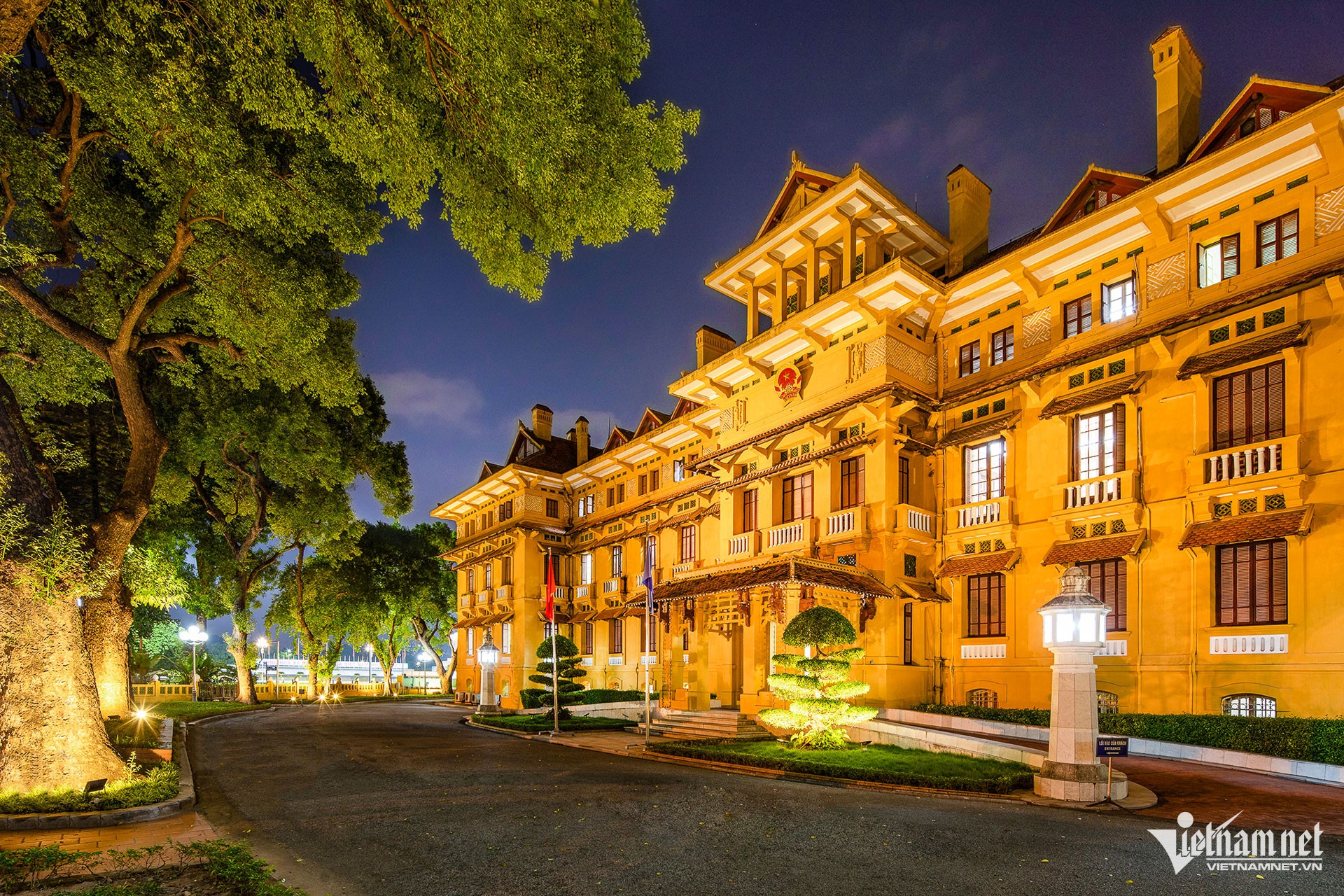
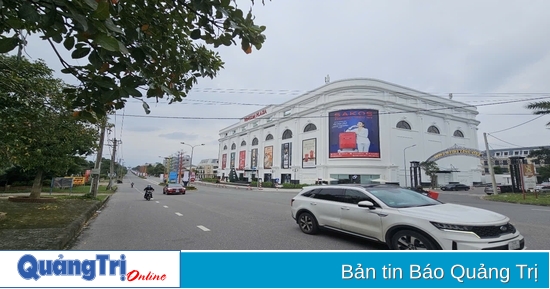
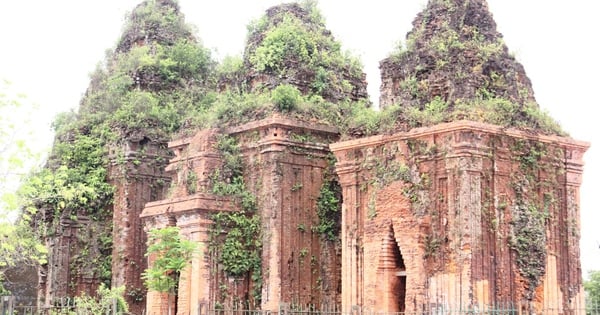



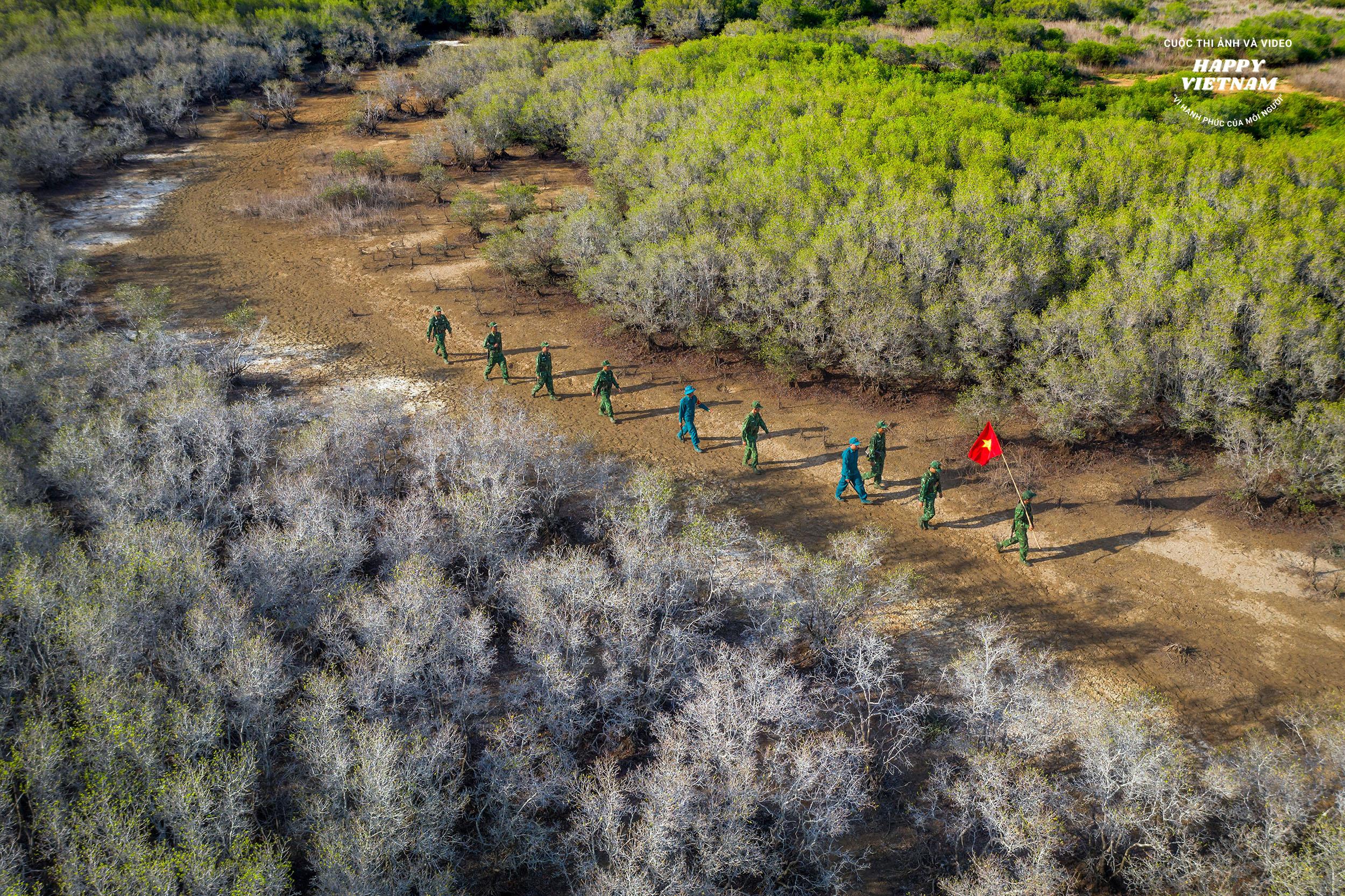





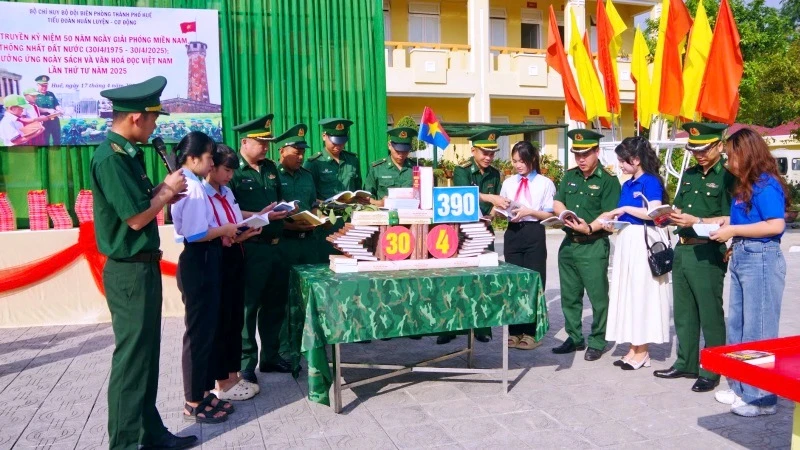
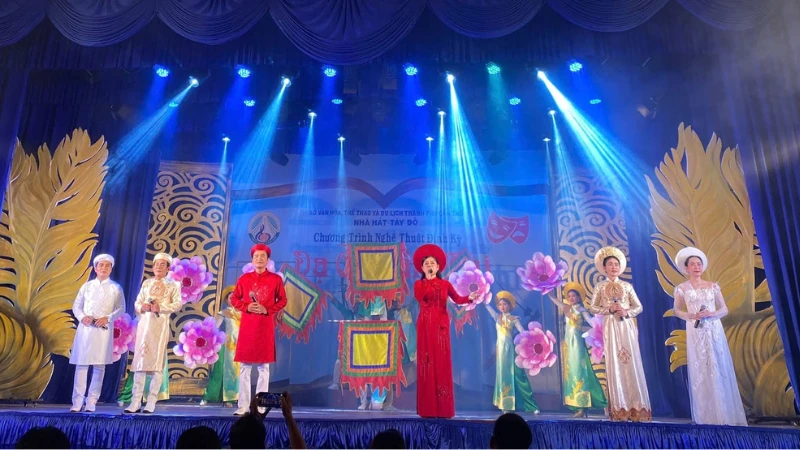

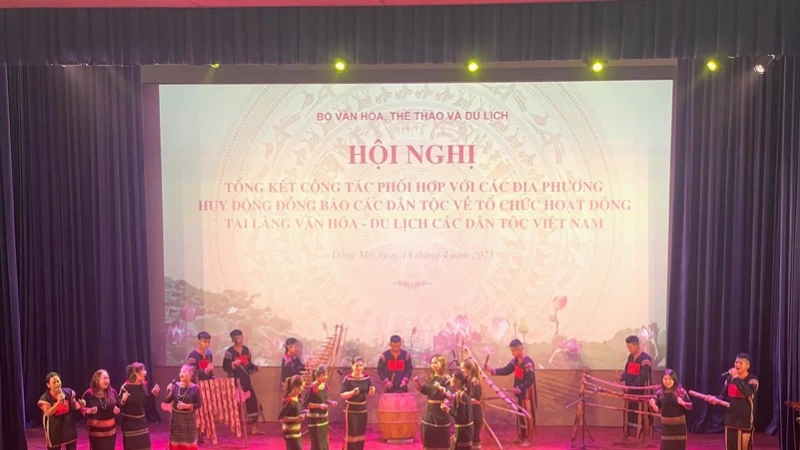
![[Photo] Hanoi's Old Quarter joins the "unification song"](https://vstatic.vietnam.vn/vietnam/resource/IMAGE/2025/4/18/2b0fa2a915974a9abf856e2c6f565cec)
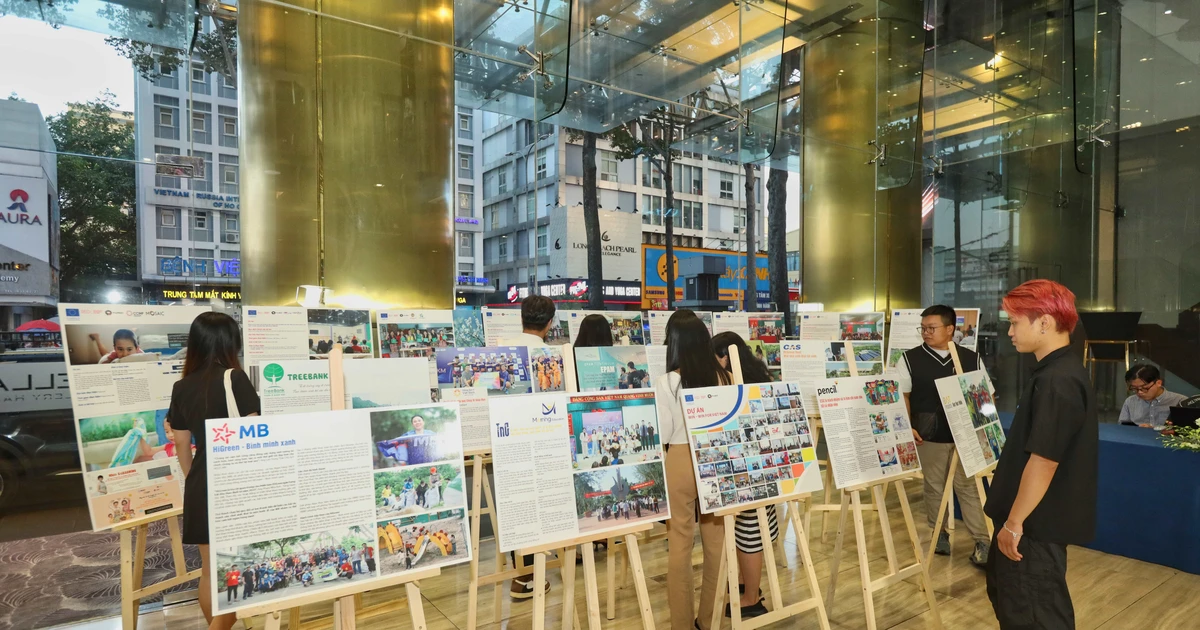
































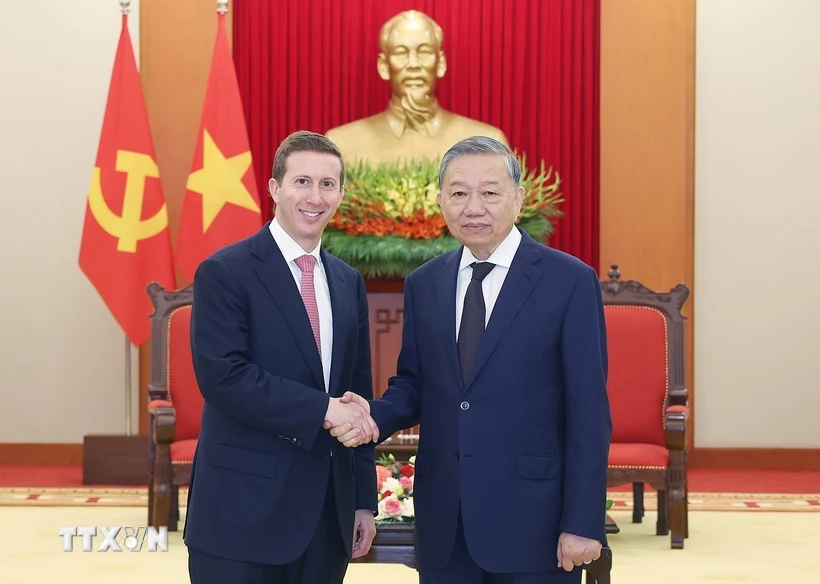







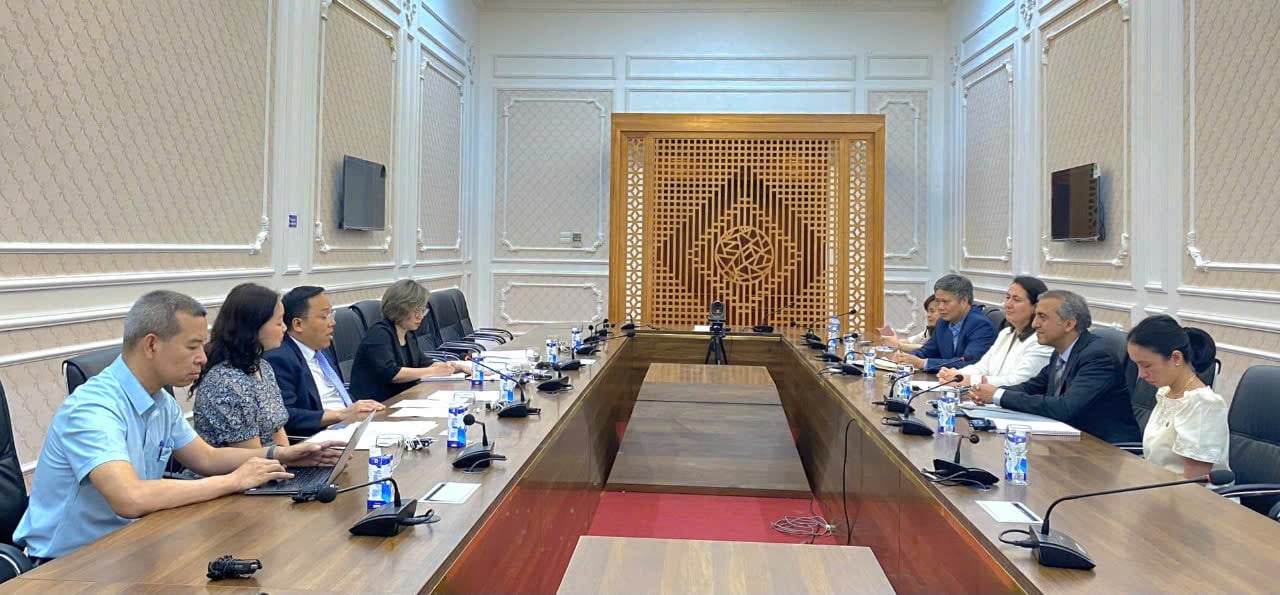


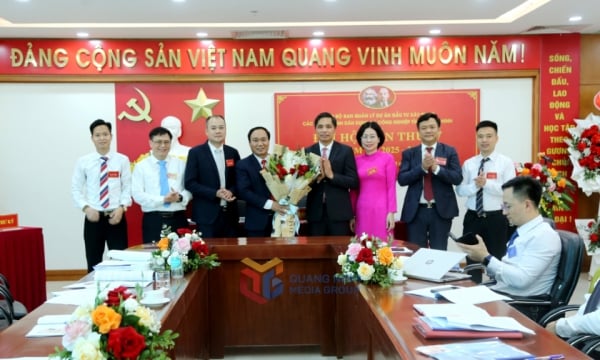
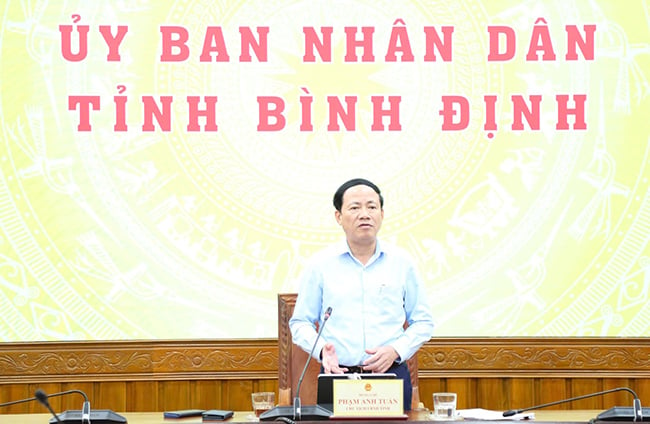
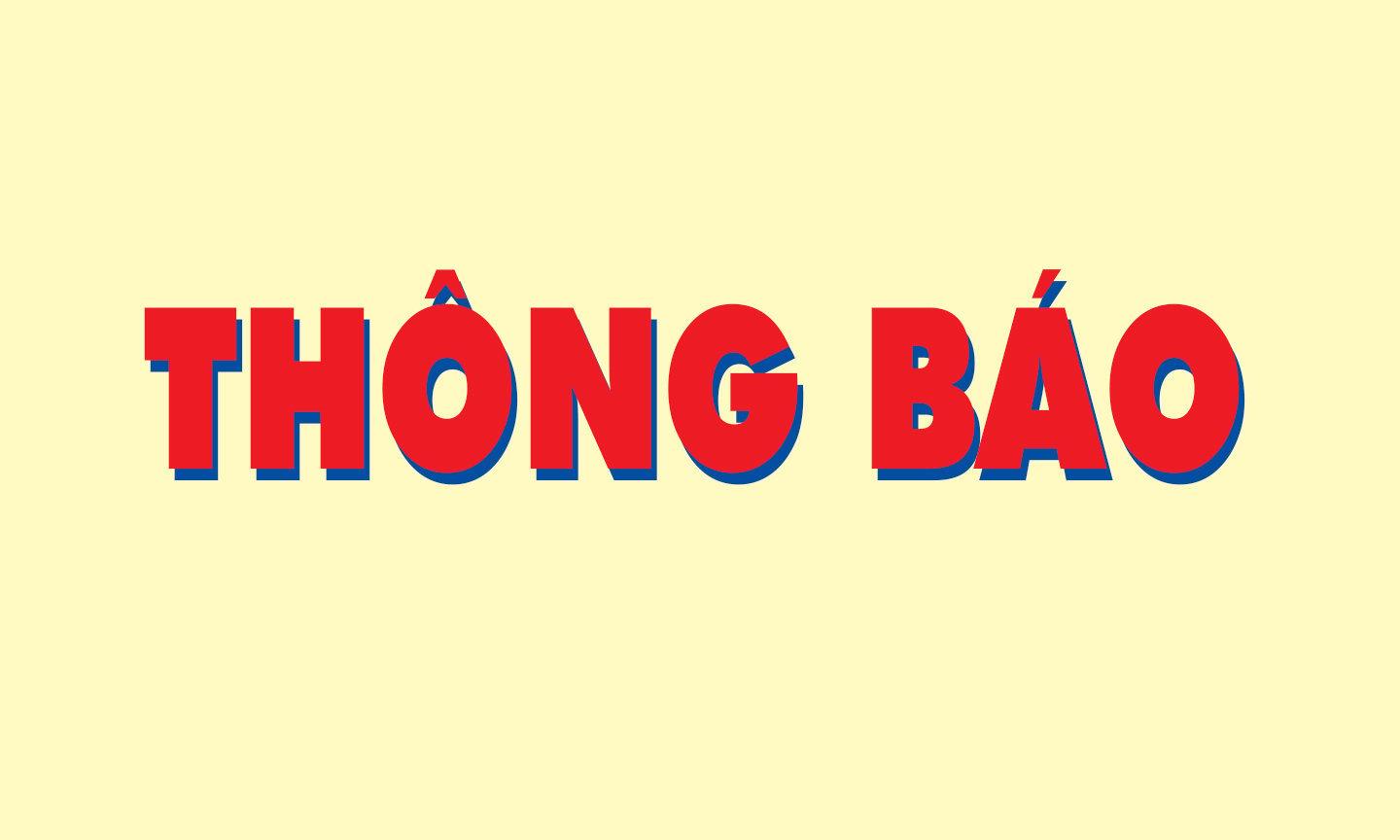

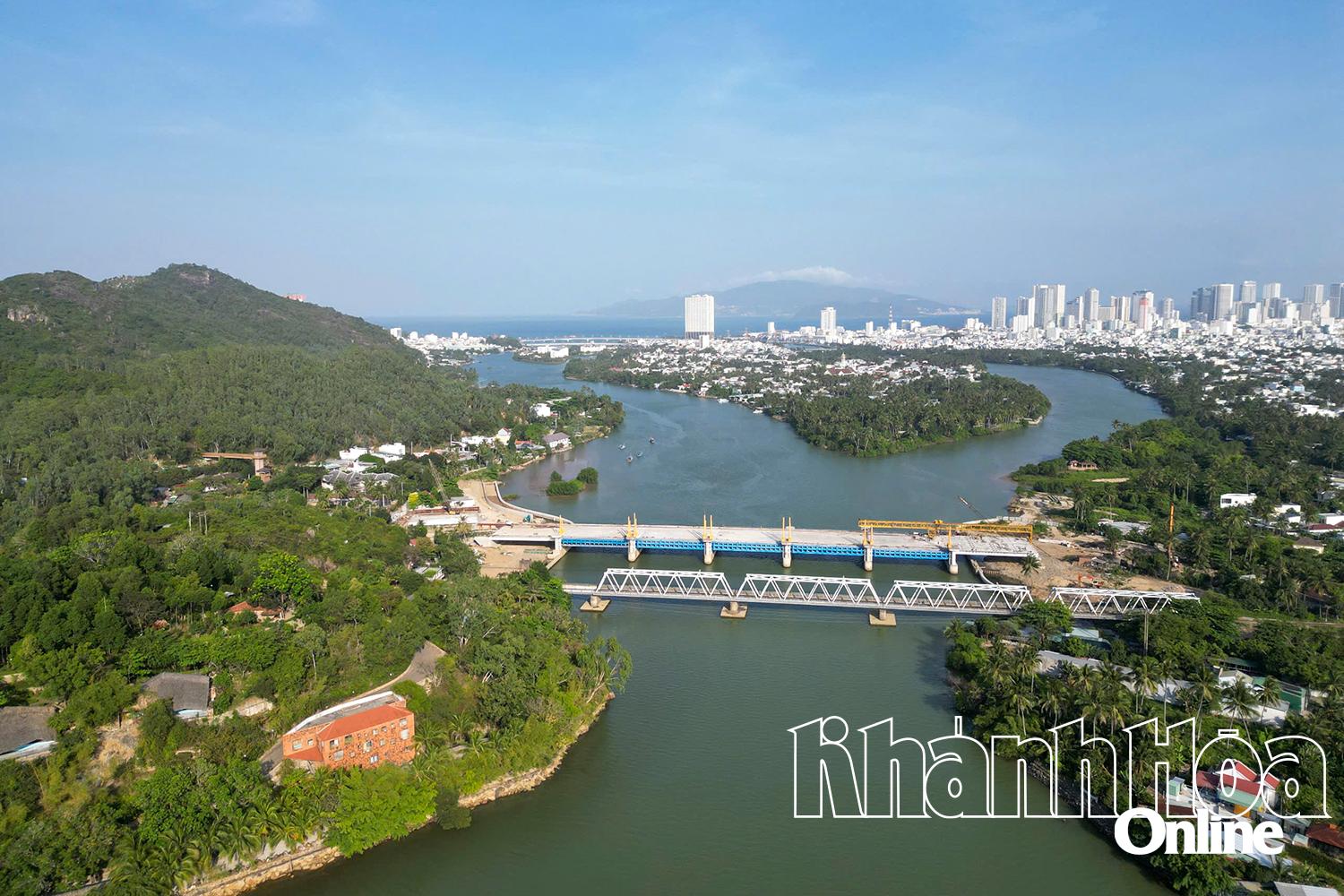

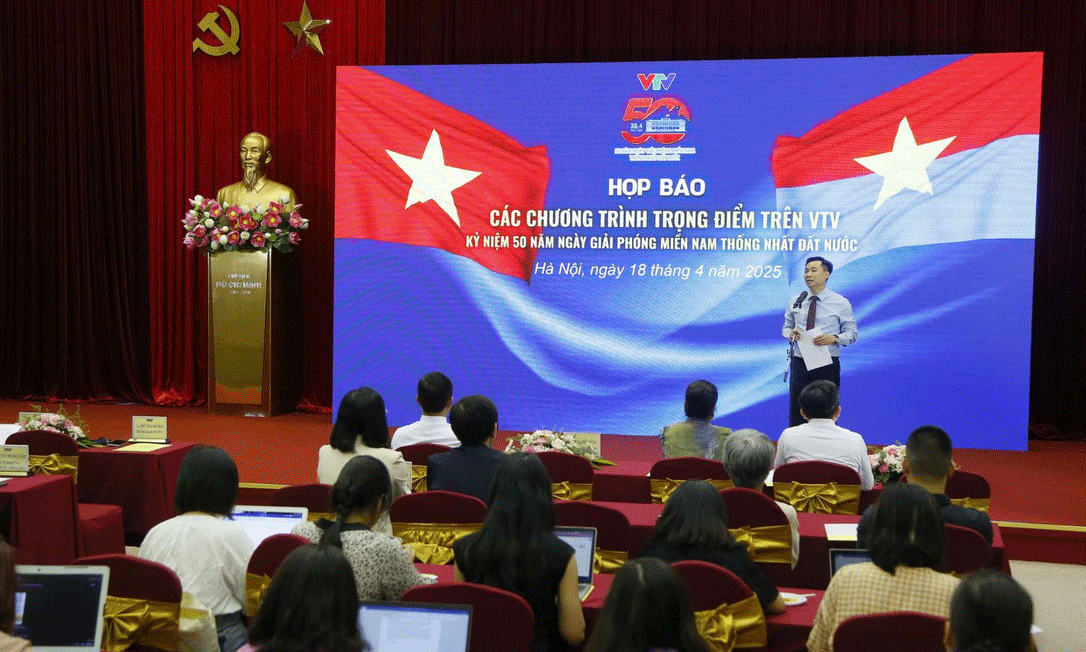












Comment (0)